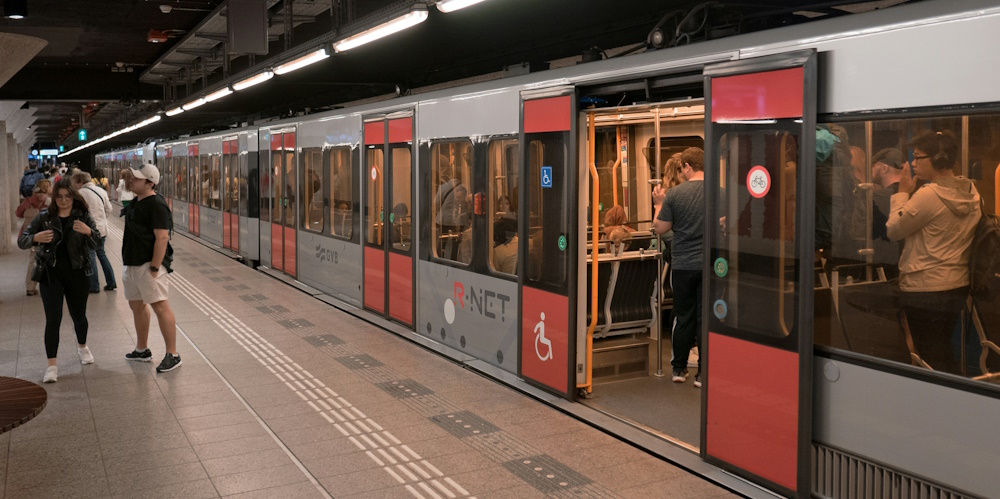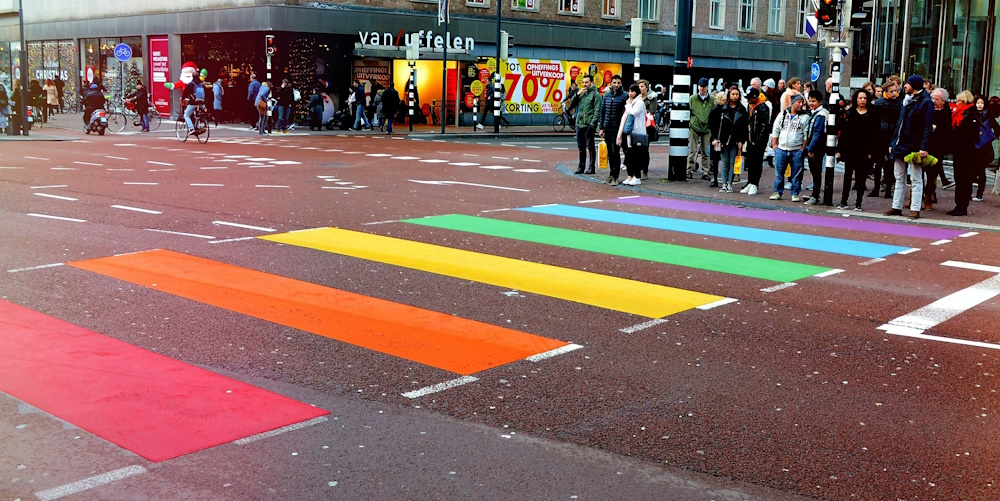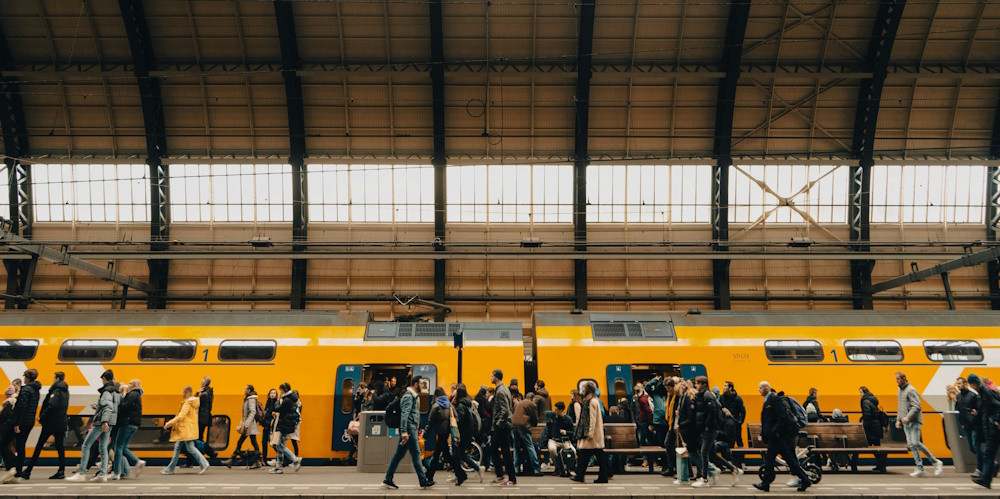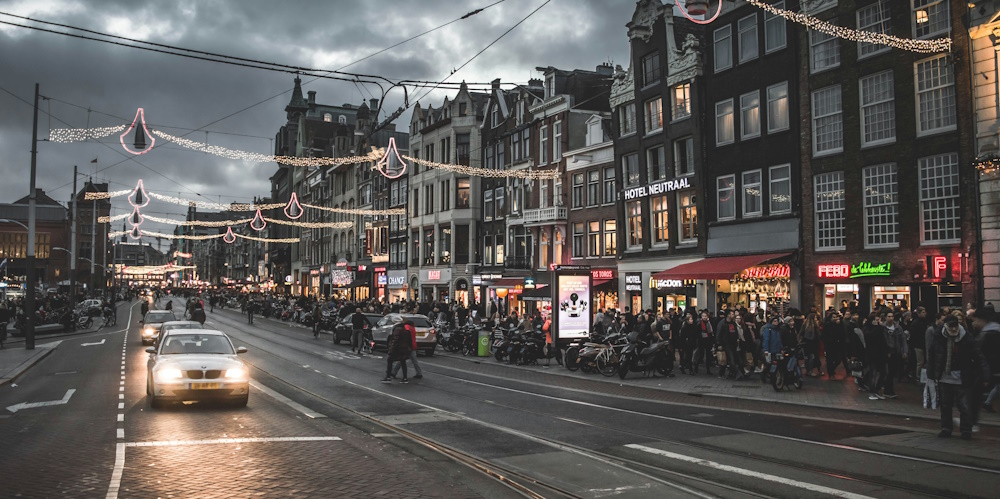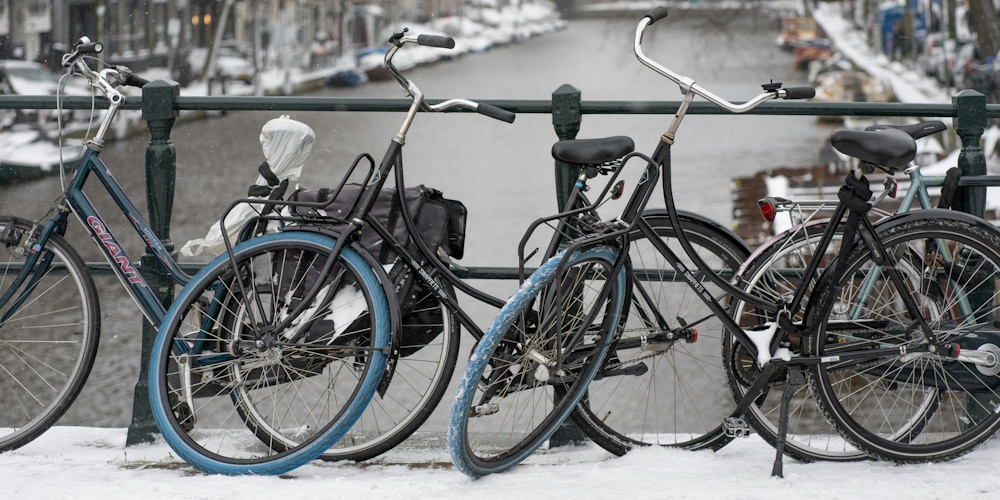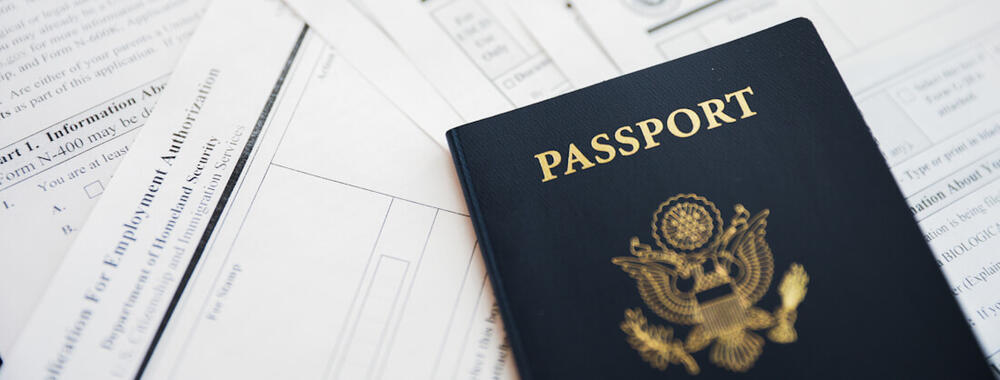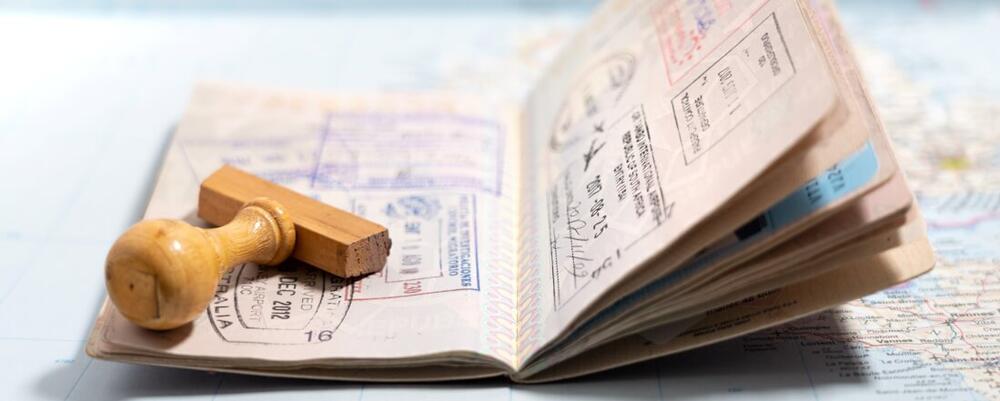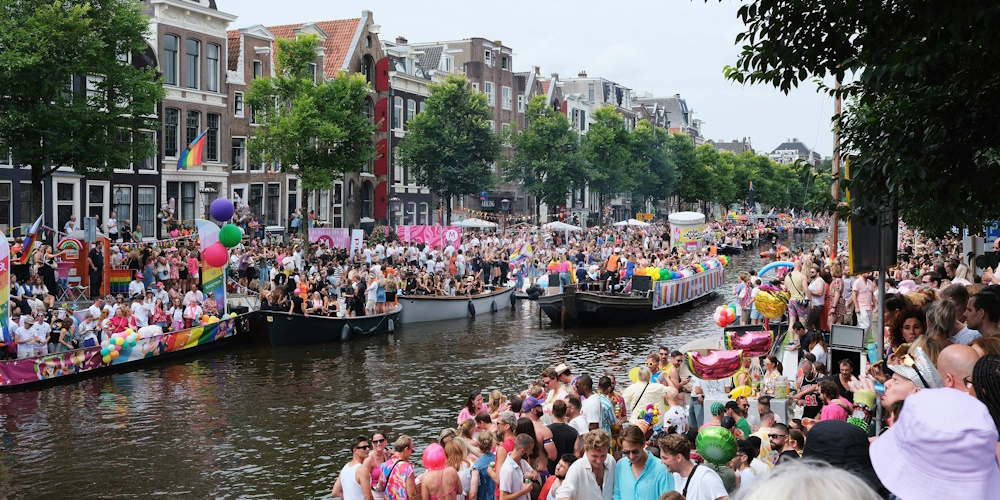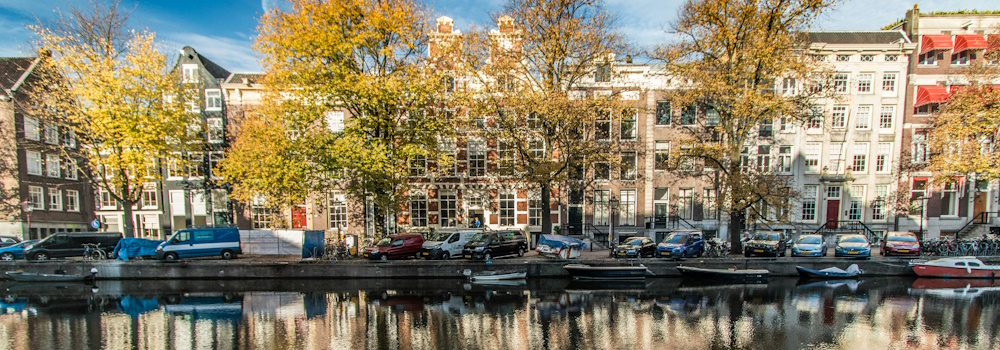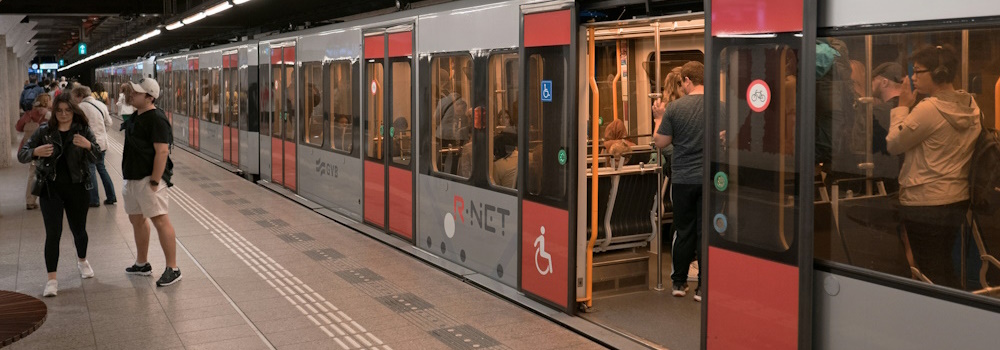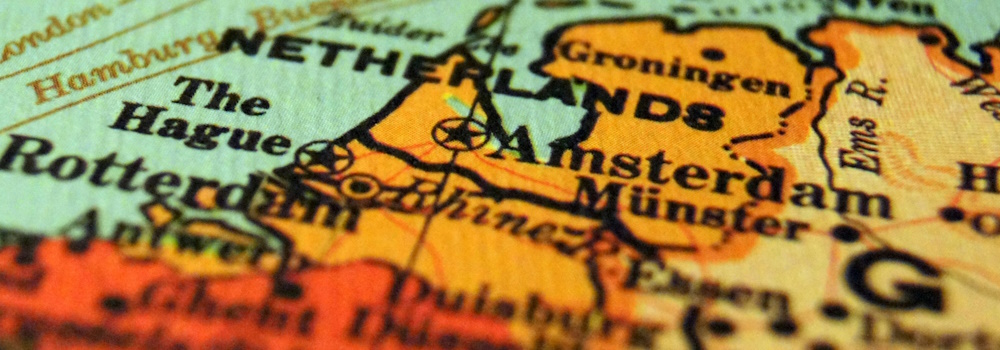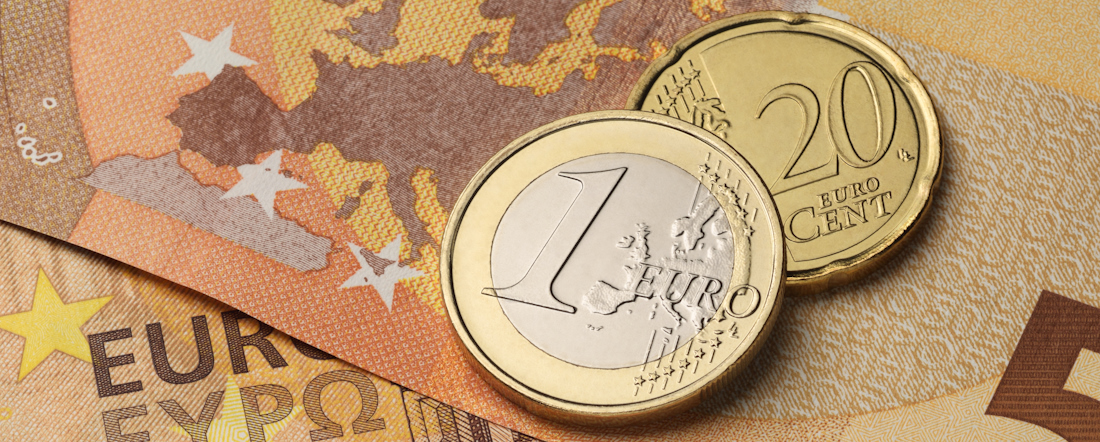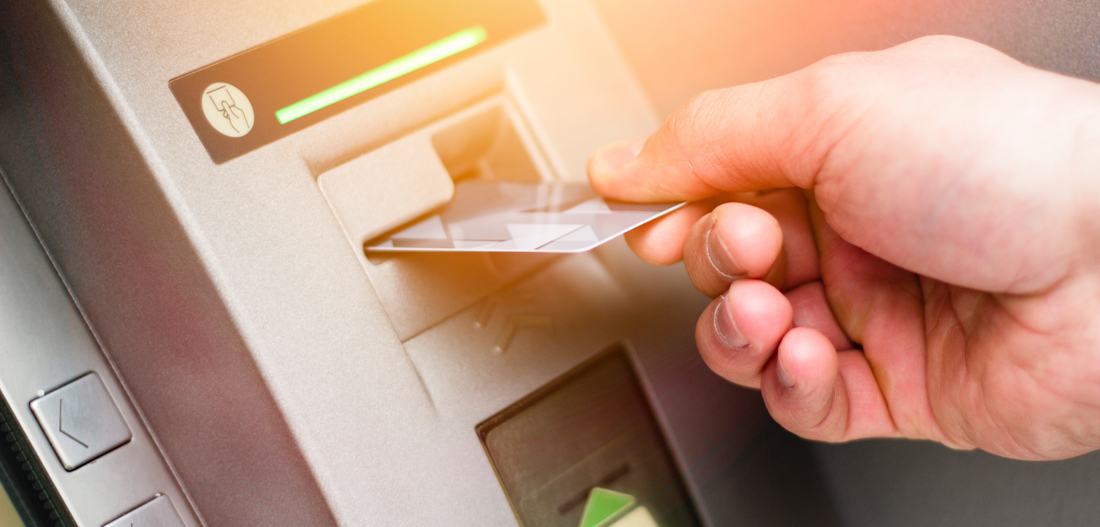You have several options when it comes to accommodation in the Netherlands. The country is known for being tolerant and cosmopolitan, and in large cities, dozens of cultures live side by side, so it’s common to find people from all over the world living and working together in different areas.
The state of housing in the Netherlands is generally good due to strict environmental and construction regulations. Still, when buying or renting older houses, it’s wise to check for damages. Many people enlist the help of a consultant familiar with construction and building. Be aware that housing here may feel more compact than you’re used to.
Types of accommodation in the Netherlands
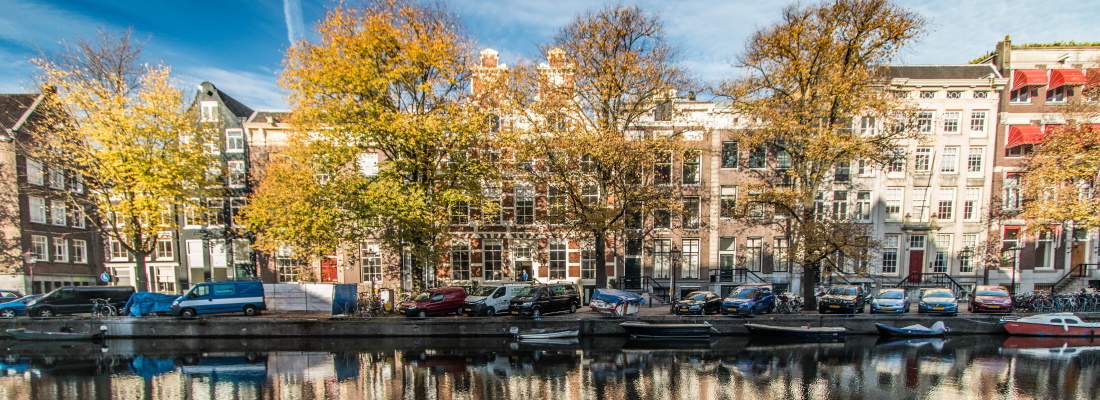
The Netherlands offers a wide range of housing, including standalone, semi-detached, and terraced houses, as well as apartments ranging from small studio units to larger multi-bedroom flats. The Dutch housing market distinguishes between social and private housing, each catering to different needs.
If your income falls below a certain threshold, you can apply for social housing, which offers capped rents and regulated annual increases. Housing associations operate in various regions, requiring you to register and obtain a housing permit through the appropriate municipality. Guidelines and eligibility criteria vary, so it’s important to check specifics for your area.
Apartments
Apartments are the most common accommodation in major cities, typically close to public transport links. Self-contained flats are popular, but shared apartments are also a common choice, particularly among students and young professionals. Sharing often means communal living spaces and private bedrooms, making it a cost-effective option.
Houses
If you value space and privacy, you might consider a house. Options include standalone, semi-detached, or terraced houses, often with gardens. Suburban and rural locations offer more affordable prices, making them attractive to families and those seeking tranquillity. Family-friendly neighbourhoods like Oud-West in Amsterdam or Hillegersberg in Rotterdam combine convenience and charm.
House shares are another option for saving on costs, especially if you’re living with colleagues or friends. These arrangements frequently include shared communal areas, providing a balance of privacy and affordability.
Furnished vs unfurnished
Serviced apartments provide an alternative, combining the comforts of home with amenities like gyms, WiFi, and weekly cleaning services. These are ideal for short-term stays but have higher rental costs than traditional apartments. Newer complexes may feature sustainable technologies like energy-efficient appliances and community spaces such as coworking areas or rooftop gardens.
Many rental houses in the Netherlands come unfurnished. This means you’ll need to budget for buying or shipping furniture. Renting furniture can be a practical solution if you’re staying for a short period.
Second-hand furniture is widely available through online marketplaces like Marktplaats or Facebook Marketplace, as well as thrift shops. If you want to make decorative changes like painting walls, always check with your landlord beforehand to avoid any issues when moving out.
Bringing your own furniture into the country? Check Shipping and Removals in the Netherlands.
Short lets
Short-term leases are available but in high demand, especially in cities like Amsterdam, Rotterdam, and The Hague. City-centre housing can be expensive, so considering suburban areas might provide more affordable options.
Ensure that short-let agreements meet legal requirements. Leases often specify duration limits and may involve additional fees, such as tourist taxes in certain municipalities.
Useful links
Finding accommodation in the Netherlands

One of the best ways to find housing is through word of mouth. Networking with colleagues, friends, or local contacts can lead to opportunities that aren’t publicly advertised. If you don’t have connections, online platforms and relocation firms are priceless resources.
Popular property portals like IamExpat Media, Engel & Völkers, and Pararius offer extensive listings. These platforms allow you to filter properties based on location, size, and budget, giving you complete control over your search. They’re instrumental if you’re comfortable managing the process independently.
Real estate agents provide tailored services, including property searches, negotiations, and paperwork management. Their local market knowledge can be invaluable, particularly in competitive areas. Be aware that agency services typically come with a fee, usually equivalent to a month’s rent.
Useful links
Renting accommodation in the Netherlands
Renting accommodation in the Netherlands can feel like navigating a maze, especially with the competitive market and documentation requirements. Confirm exactly what is included in your rental agreement to avoid surprises.
Making an application
To rent accommodation in the Netherlands, you need to provide your citizen service number, known as a BSN (burgerservicenummer). If you are working in the Netherlands, you may also need your employment contract. Students often use a bank statement as a credit guarantee.
If you’re new to the country, obtaining a BSN is a necessary step. Expats staying longer than four months must register with their local municipality to be added to the Personal Records Database (BRP). Those staying shorter can register in the Non-residents Records Database (RNI).
Leases
Rental agreements in the Netherlands come in two main types: fixed-period and indefinite contracts. Fixed-period contracts lock you in for a minimum of 6 to 12 months but may allow early termination if specified in the agreement. Indefinite contracts, on the other hand, offer open-ended terms with more flexibility as long as you adhere to the notice period.
Look for essential clauses, such as diplomatic or break clauses, which provide flexibility. Always request a written contract that outlines key details like rent, notice periods, and rules on pets or smoking. Verbal agreements, while legally valid, are harder to enforce.
Deposits
Deposits usually range from one to three months’ rent. They are returned when you move out, provided the property is in good condition. To avoid disputes, ensure you receive an inspection list and inventory when you move in. These documents should detail the property’s condition and any included furniture.
Before moving out, expect at least two inspections from your landlord or agent. These checks ensure everything is in order and help prevent issues with getting your deposit back. Landlords may withhold deposits for unpaid rent, cleaning costs, or property damage, so ensure you leave the property in the condition you found it.
If disputes arise, send a written request to the landlord. If unresolved, consider mediation or arbitration. For unresolved cases involving smaller amounts, you can turn to the sub-district court (kantonrechter).
Terminating the lease
Terminating your lease requires adherence to the notice period specified in your rental agreement. Fixed-term contracts may need mutual agreement or adherence to a termination clause. Indefinite contracts are more flexible but still require proper notice.
Utilities in the Netherlands

Utilities are often an additional expense, so it’s wise to clarify what’s covered in your rent. While landlords typically handle general maintenance and property insurance, tenants are responsible for their utility bills.
Electricity and gas
The Netherlands has a privatised energy market, so you can choose your electricity and gas suppliers. Popular providers include Essent, Greenchoice, and Engie. To compare rates, use tools like Energievergelijk.nl or EasySwitch.nl. Input your postal code and energy usage to find the best options.
If sustainability matters to you, consider providers offering green energy options.
Water
Water services are managed regionally, so you’ll need to register with the appropriate provider when you move in. Residents cannot pick their supplier. Identify your designated company through your local municipal resources.
To register, contact your supplier with your personal details, address, move-in date, and a water meter reading. Timely registration ensures accurate billing and uninterrupted service.
Bins and recycling
Waste management is organised by local municipalities. Familiarise yourself with collection schedules and recycling rules in your area. Many municipalities offer organic waste collection, and some provide communal composting facilities. Home composting setups are also supported in some regions.
Incorrect waste disposal can lead to fines, so follow local guidelines. Staying informed through municipal websites is the best way to keep up-to-date.
Internet
Reliable internet is essential, whether for staying in touch or working remotely. Popular providers include KPN, Ziggo, and T-Mobile Thuis, offering fibre-optic and DSL connections. For remote workers, high upload speeds and responsive customer support are key factors to consider.
Fibre-optic connections offer the best speeds and reliability, particularly for video conferencing and large file uploads. Check if your property already has connectivity or arrange installation as needed.
Find out more about Keeping in Touch in the Netherlands.
Useful links

